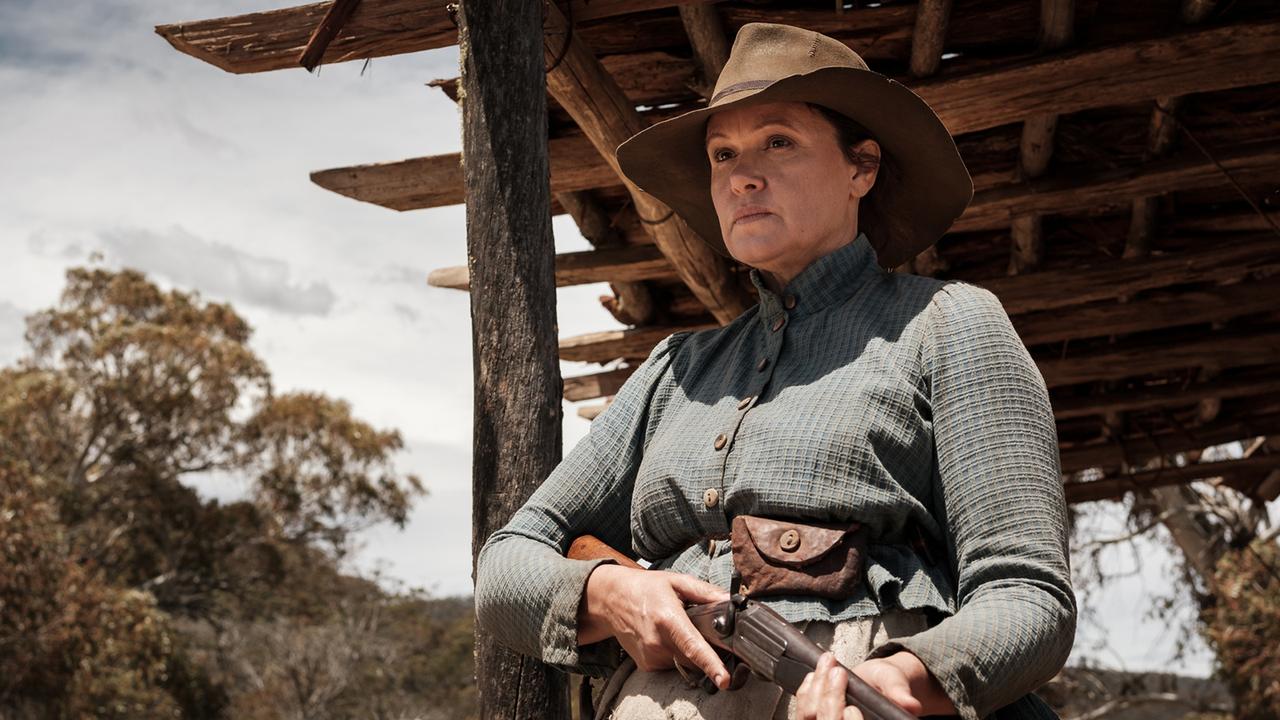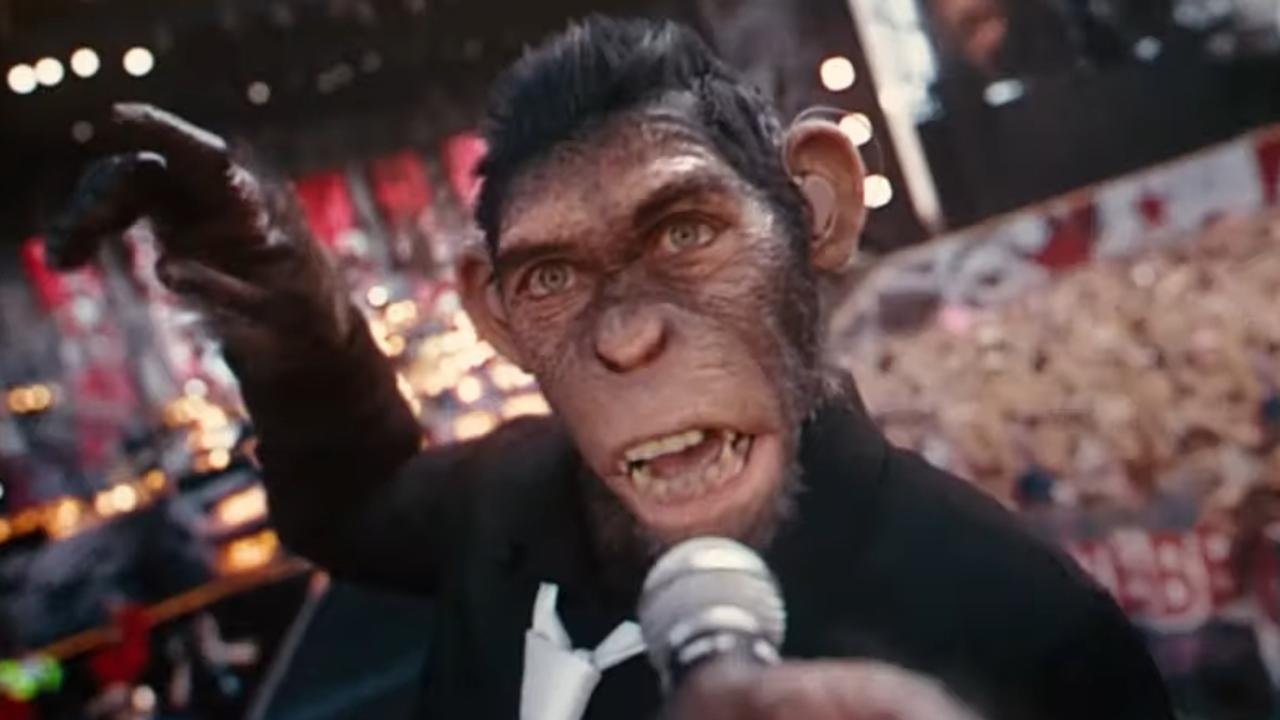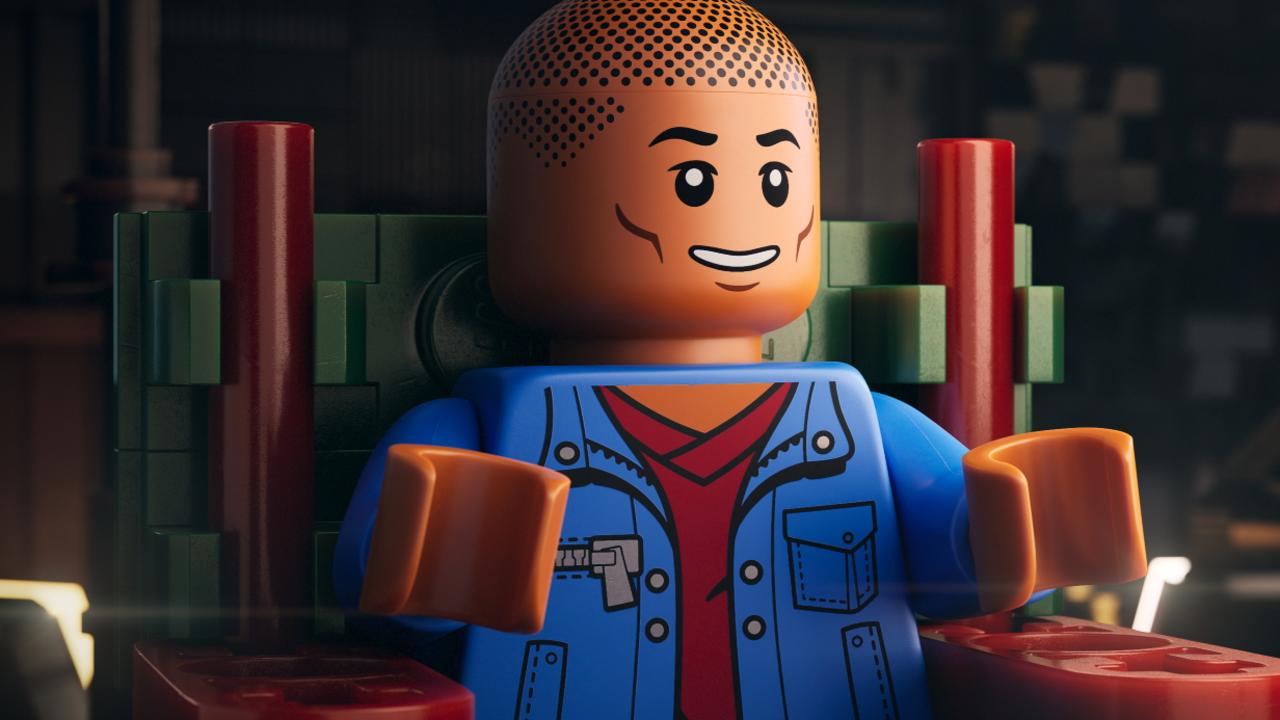The Drover’s Wife: The Legend of Molly Johnson recasts the western as a female experience
Leah Purcell recasts the western as a quintessentially Australian story, giving power to the least powerful.

Henry Lawson published his short story The Drover’s Wife three years before the Lumiere brothers screened what is widely considered to be the world’s first film, a 46-second clip of workers streaming out of a factory.
Even if the Australian poet had known about moving pictures, he can’t have conceived what his story about an outback woman isolated in a hut with her children would eventually spawn – a stage production, a novel and now a film, and with plans for a TV series.
Multi-hyphenate talent Leah Purcell, who wrote, directed and starred in The Drover’s Wife: The Legend of Molly Johnson, has been adapting Lawson’s story for these various mediums and there’s no denying the big screen gives the story a visual heft.
And what visuals they are, filmed among the expansive and ethereal landscapes of the Snowy Mountains. Mark Wareham’s cinematography looks stunning, so no matter what else is going on, there is always something beautiful to behold.
Beauty is a strange concept to associate with The Drover’s Wife: The Legend of Molly Johnson because while there are many things about it that is beautiful – and ultimately hopeful – you have to pass through darkness first.
Purcell’s film reclaims Lawson’s colonial story to tell the history of this country from a female perspective and an Indigenous perspective, and through a postcolonial lens. It lays bare the brutality of life at the time and how it’s discernibly worse for anyone without privilege or power.
And who is less powerful than an Indigenous woman who has to deny her own identity?

Molly Johnson (Purcell) is a heavily pregnant outback woman who lives in a shack outside of the nearest town. She has four young children and a fierce will to protect and survive. Her husband is a drover, away for months at a time.
While contending with questions about her husband’s absence from the newly arrived Sergeant Klintoff (Sam Reid) and his progressive wife Louisa (Jessica de Gouw), an intruder, Yadaka (Rob Collins), punctuates her world.
Molly wields her gun with ferocity but Yadaka is not the threat she thought he would be. She’s a true western hero – taciturn, anguished and brazen. Etched on her face are all the disappointments of her life and her gait is heavy with the knowledge that the world wasn’t built for her.
Purcell gives a riveting performance, capturing the humanity and hurt of a woman who has to put on a tough exterior so that no one will see her fears while Collins’ Yadaka is quietly captivating.
Their scenes together are beyond categorisation, and plays on the nuanced dynamics between two characters who start off with mistrust but develop a kinship beyond the moment. Their interactions are steeped in the history of the land and its people.
Purcell has a strong command of the film’s tone and story beats, and works to build a disciplined emotional journey to a climactic catharsis that sneaks up on you. It’s an affecting film in ways you don’t expect.
There are some wobbles in the subplot involving Sergeant Klintoff and Louisa but it’s doesn’t detract too much from the overall film.
Ultimately, it’s a redemptive story that gives power to a perspective and experience that has been marginalised for too long.
Rating: 3.5/5
The Drover’s Wife: The Legend of Molly Johnson is in cinemas now




